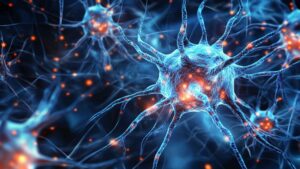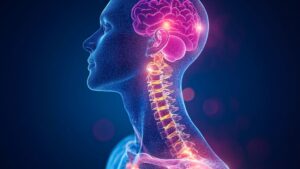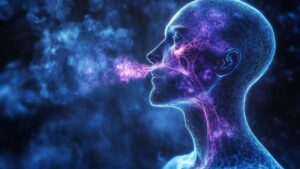

View Topics

Many people wonder if chronic viral infections (CVIs) can lead to neurological disorders. The answer isn’t simple. However, growing research shows a clear link between the two. When viruses are in the body for a long time, they can cause trouble not just for your immune system but also for your brain. This connection happens…

The 21st century has brought rapid technological development and overwhelming amounts of information that hurt our ability to concentrate. The term “information fatigue syndrome” is increasingly used to describe this modern problem. Information overload causes sudden mood swings, leading to irrational decisions and actions. The brain becomes oversaturated with information and enters a state of…

Childhood trauma is psychological damage resulting from severe stressful events such as physical, emotional, or sexual abuse, neglect, loss of a loved one, serious accidents, or natural disasters. The consequences depend on the child’s age when the trauma occurs, as well as their personal characteristics and the level of family and community support available. Possible…

The thyroid gland is a small organ in your neck. It plays a big role in how your body works. It produces hormones that handle metabolism, energy, and even brain health. When it doesn’t work properly, it can lead to thyroid dysfunction. This condition includes issues like hypothyroidism and hyperthyroidism. These can affect many parts…

Music is not just enjoyable — it’s also a powerful healing tool. For people with neurological conditions and serious illnesses, music aids recovery. It activates many areas of the brain at the same time, which causes an improvement in cognitive abilities. Music is an integral part of our lives that enhances mood. Today, music is…

Good health is essential for a fulfilling life and maintaining a positive mood. Vitamins play a key role in human health. Vitamin B12 is one of the main vitamins in our body. Vitamin B12 deficiency causes serious problems and long-term effects. Often, vitamin B12 plays an important role in the myelin sheath. This supports cellular…

What seems like a simple loss of smell might actually be your brain’s earliest cry for help. Olfactory dysfunction – impaired smell – affects millions worldwide, yet remains one of medicine’s most overlooked symptoms. While we readily treat vision or hearing problems, smell loss is often dismissed as normal aging. Recent research reveals smell disorders…

Brain fog is a common yet frustrating experience. It’s often described as a cloudy, sluggish feeling in the mind that makes thinking, focusing, or remembering a challenge. It’s not a standalone medical diagnosis but rather a sign tied to various underlying issues, particularly those affecting the brain and nervous system. This article dives into what…

Feeling unsteady, lightheaded, or like the world is spinning can make even simple tasks feel overwhelming. Whether you’re trying to walk to the kitchen, climb stairs, or enjoy a day out with friends, dizziness and balance issues can disrupt your routine and lower your quality of life. These problems often start in the brain and…

Living in Texas means having wide-open spaces and vibrant communities. These aspects define our way of life. That is why health challenges like multiple sclerosis can feel overwhelming. This condition is one of the most common neurological diseases affecting young adults. It touches the lives of many Texans. Understanding what multiple sclerosis is, how it…